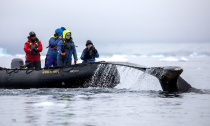
Inside the bodies of humpback whales are clues about how climate change is transforming Antarctica. Our BBC science team crossed the Southern Ocean, with the researchers, on a mission to follow and study the giant whales of this remote, frozen wilderness. At 03:00 in the morning there is an almighty crash. Every drawer in our cabin is flung open and contents hurled against the wall. We hit a 12-metre wave.
I’m not a seafarer; this is alarming, but apparently not unusual on the Drake Passage – the stretch of the notoriously rough Southern Ocean we are on. We’re aboard a 200-passenger tourist ship, with a team of wildlife scientists, on our way to the Antarctic Peninsula.
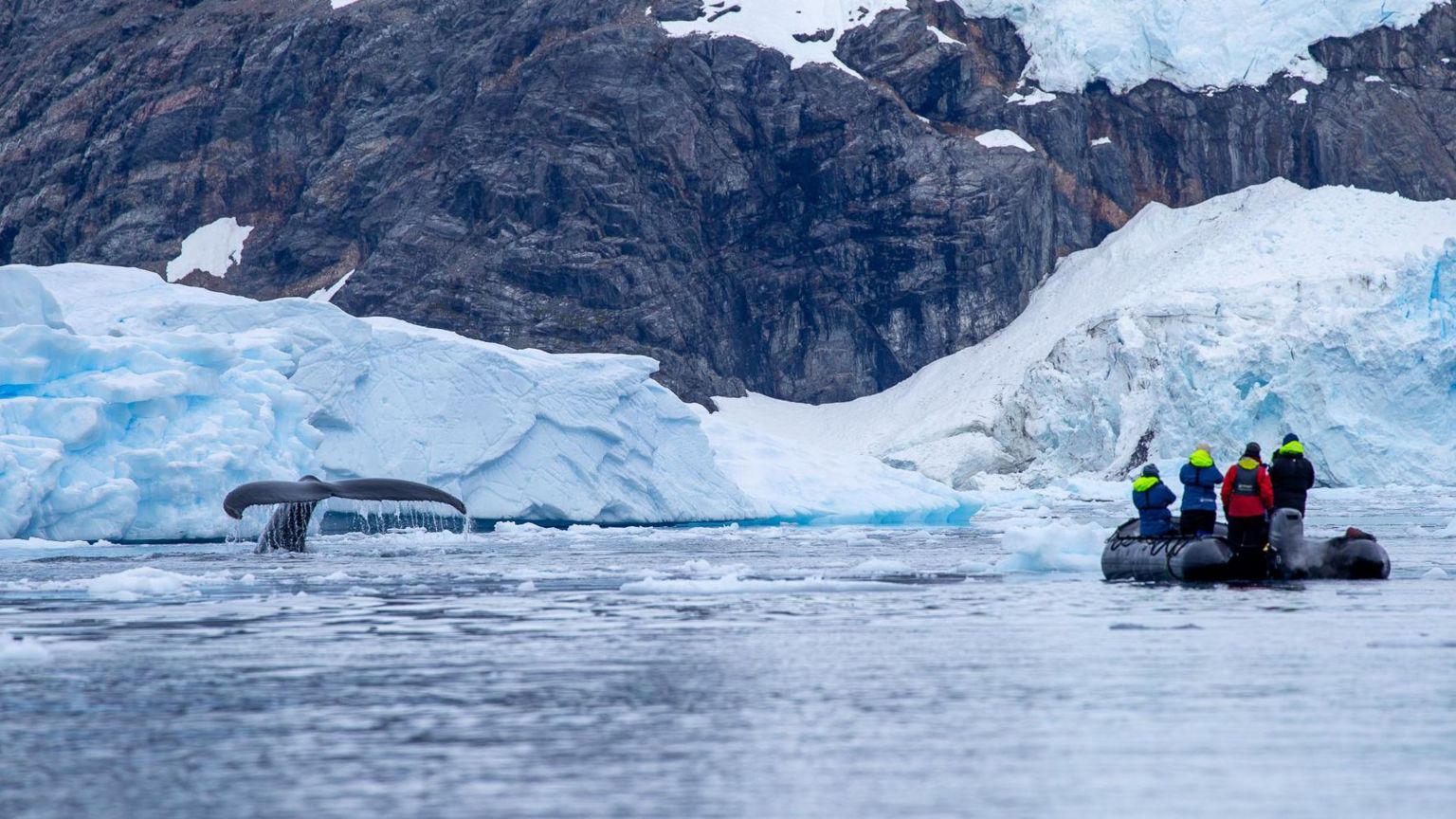
One of the researcher...
Read More









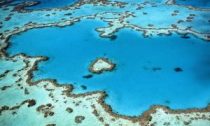



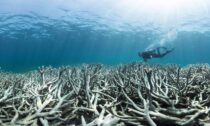
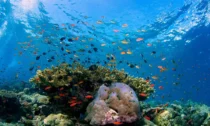

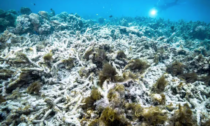


Social Profiles